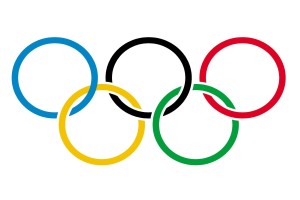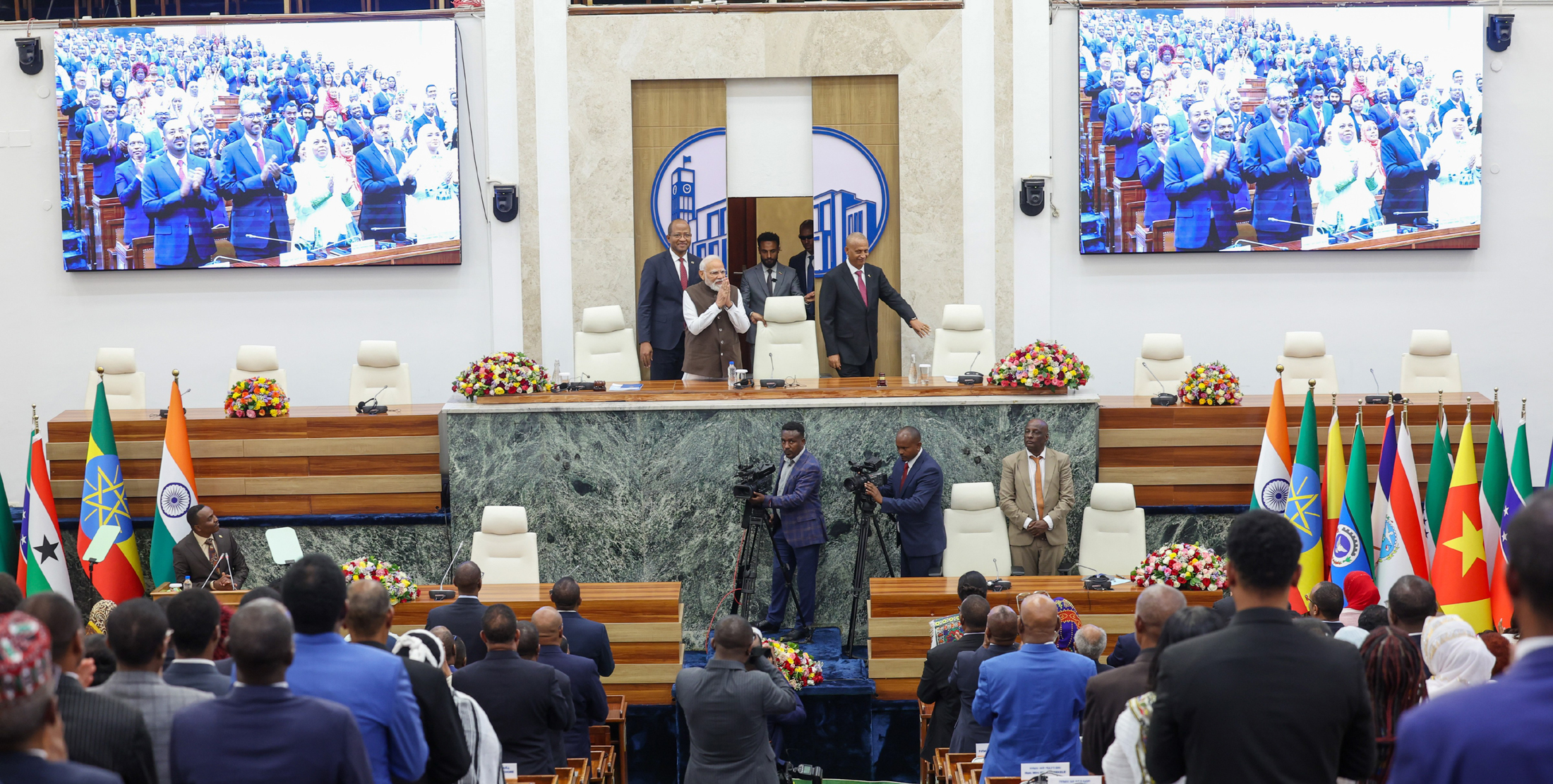
The World Around Us
 By Venkatesh Raghavan
By Venkatesh Raghavan
Amidst a hue of protests centering on the controversy over China’s poor human rights records, the AUKUS group comprising US, Britain and Australia have announced a diplomatic boycott of the Winter Olympics that will be hosted by Beijing in 2022. Besides, Canada and New Zealand too have jumped into the fray, and Japan has indicated that it’s in favour of a total boycott. However, official confirmation is yet to pour in.
China has claimed it hasn’t invited “any of these countries” and that they will see a successful Beijing Winter Olympic Games regardless of whether they send officials or not. Attacking the USA, it has claimed that the US attempts to interfere with the Beijing Winter Olympics,exposes “its malicious intention and lead to greater loss of moral authority and credibility”.
It may be mentioned that 20 countries had not signed the Olympic truce resolution adopted by the UN General Assembly on December 2, 2021, and China retorted by stating: “A handful of countries including the US, Australia, the UK and Canada refused to co-sponsor the UN resolution on Olympic Truce for the Beijing Winter Games, and now put on a self-staged farce of “not sending officials”, pitting themselves against the big Olympic family. We hope relevant countries will act upon the Olympic spirit of “together”, rather than undermining the Olympic cause.”
China has further reacted strongly stating that such behavior vitiated against the culture of the Olympic games, which dwelt on being an unifying factor. It argues that politics must be kept outside the gambit of such unifying sporting events. Referring to the 76th Session of the United Nations General Assembly that adopted by consensus the resolution on Olympic Truce for the Beijing Winter Games, it noted that it was co-sponsored by 173 countries, showcasing the international community’s full support for the Beijing Winter Olympics.
Apparently the diplomatic boycott strategy was put in place after sports bodies around the world strongly contended that athletes and other sportspersons who have spent their time and money in training for the Winter Olympics should not be unfairly penalized on the grounds of a total boycott.
New alliances are being made over the Beijing winter olympic games – the latest being the case of South Korea which has decided not to join the US-led boycott of the Beijing Winter Olympics, citing a need for Beijing’s help in de-nuclearization on the Korean Peninsula. Moreover, the Venezuelan foreign ministry released a statement to express its rejection of the US manipulative move of not sending government officials to attend the Beijing Winter Olympics. It stated that this is part of the attack and smear campaign undertaken by a small group of countries against the development of China. The Cuban Olympic Committee also condemned relevant countries’ orchestrated efforts to interfere with the Beijing Winter Olympic Games.
So far as the US-led alliance is concernced, it has targeted the Chinese government with vitriolic criticism for alleged genocide that targeted the Uyghur community located in the Xinjiang region. Chinese authorities rebuffed them West stating that the detention camps in their territory aimed at making the Uyghurs and other Muslim communities learn or get educated differently.
The sudden disappearance of tennis star Peng Shuai from the world scene, soon after she hurled accusations against Chinese government authorities over being sexually assaulted has also stoked the fire that is being fanned by strong anti-China sentiments across the globe. Interestingly, the Women’s Tennis Association (WTA) was the first to put a spoke in the path of the dragon by boycotting and also refusing to hold all tennis tournaments that were slated to be held on Chinese soil.
While the WTA’s total bar on participation has been strongly hailed as a “bold move” by the West, attendance at the current Winter Olympics event at Beijing is a matter of salvaging prestige for President Xi Jinping’s government.
“It is the common aspiration of the international community, especially national Olympic committees and athletes from across the world, to respect the political neutrality of the Olympic Movement and avoid politicizing sports… leaders and government officials in many countries recently said that the Olympic Movement should not be politicized and they support the smooth hosting of the Beijing Winter Games. The 10th Olympic Summit recently held by the IOC released a declaration stressing that the summit stands firmly against any politicization of the Olympic Games and sport. We appreciate this position held by relevant countries and the IOC,” Chinese foreign ministry spokesperson Wang Wenbin told journalists in Beijing today.
As pointed out in the Olympic Charter, “the practice of sport is a human right.” China has claimed that politicization of the Olympics not only undermine the human right of athletes, but also constitute an affront to the Olympic spirit and run counter to the trend of the times for solidarity and cooperation. “It is believed that under the concerted efforts of all parties, the Beijing Winter Olympics will be a splendid platform to practice the Olympic motto of “Faster, Higher, Stronger – Together” and encourage 300 million people to go in for winter sports. It will contribute to efforts to build a peaceful and better world,” it has contended.
Meanwhile, the local protest groups that include Tibetans, Uyghurs, Southern Mongolians, Hong Kong and Taiwanese were of the extreme view that the boycotts should be total. Athletes along with their corporate sponsors should participate proactively. “Only such an extreme step will succeed in exerting pressure on the authoritarian Chinese government,” a spokesman opined.
At present, the diplomatic boycott envisaged by a few European nations besides the US and Australia is viewed as a soft-stand being taken to avoid public ire at loss of opportunities to participate for their athletes. However, the protesting nations see it through a different prism. They feel disinclined to retract on the diplomatic boycott, fearing that any diplomatic presence in the Beijing Winter Olympics will be counted as tacit support to the poor human rights record pursued by China’s authoritarian regime.
There has been a galore of cries about not mixing politics with sports, when it comes to such international events. The sports bodies across were of the opinion that such boycotts achieve very little by means of end results. “Take the instance of the 1980 Moscow Olympics or for that matter the 1984 Los Angeles Olympics. Both events witnessed boycotts in the face of mounting Cold War tensions. However, these boycotts achieved little other than denying the prospective participant athletes their opportunity to compete at an international platform,” a spokesman opined.
In sharp contrast, there are also some who want to take a leaf from the WTA’s book and urge total boycott of the Winter Olympic, stating, “The time is ripe for action now.” Besides the regional atrocities that are being cited, the West also takes to adversarial posturing over China’s handling of the pro-democracy protests taking place in Hong Kong. As of now, the diplomatic boycotts some countries have opted in favor of, seem to be of little consequence or cost to the game event.
– with inputs from global bihari bureau





